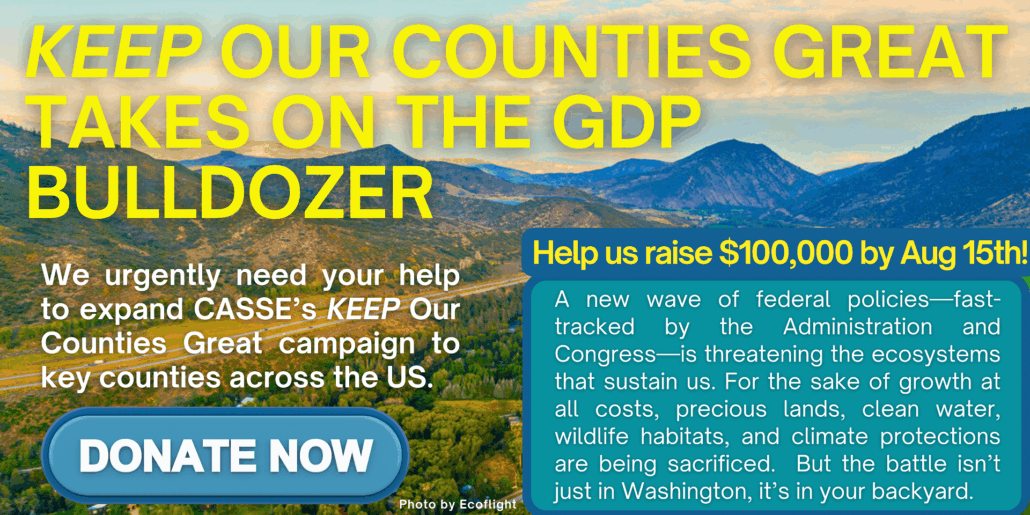Growth of an Economy, Death of a River
by Amelia Jaycen
The Colorado River has a simple math problem: More water is taken out than nature refills every year. The gap between the two is also widening. Every year, an increasing amount of water is taken out of the Colorado River, as demand for water increases across the arid American West. Meanwhile, every year less water is available in the river and its tributaries as climate change and other manmade stressors cause imbalances in natural systems.
